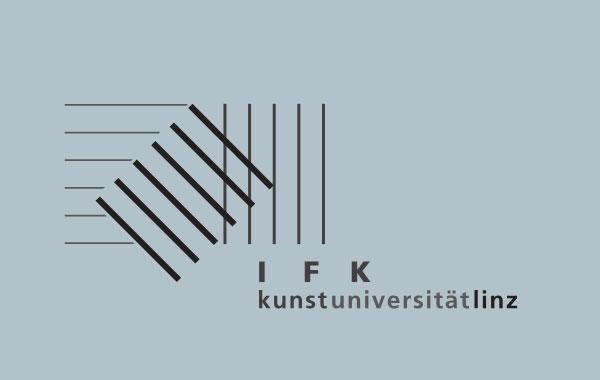Mohammed Bamyeh TRADITION AND REVOLUTION: THE SOCIO-CULTURAL DYNAMICS OF ARAB UPRISINGS

Based on empirical materials, recent cultural histories, and comparative theories, this lecture explores the connection between tradition and revolution, with specific attention to the complex sociological and cultural dynamics of the ongoing upheavals in the Arab region.
Do revolutions emerge out of new revolutionary consciousness or out of old cultural traditions? The Arab uprisings that began in 2011 were characterized by a curious combination of anarchist method and liberal ideology, neither of which appear at first sight to be based on any familiar local traditions in the region. Was this because we, as observers, do not understand how what we call “tradition” operates, or was it because old traditions in the region are dissolving and giving rise to new knowledge, especially among the youth?
Mohammed Bamyeh is Professor and incoming Chair of the Department of Sociology at the University of Pittsburgh, USA, and a member of the board of trustees of the Arab Council for the Social Sciences (ACSS). Currently he is City of Vienna/IFK_ Fellow.
In 2011, a series of spectacular uprisings erupted throughout the Arab World. They had one element in common: they were surprising, not predicted even by the most discerning observers. While festering grievances associated with those uprisings were already well known, hardly any social scientist or humanist expected long-held grievances to erupt in mass rebellions. In retrospect, it appears that rebellion was premised on new forms of knowledge that had been sedimenting over many years in the public sphere. This research project explores the character of such knowledge by asking the following questions: 1. How do intellectuals—and what types of intellectual activity—become “organic” in society, that is to say, make new knowledge appear familiar? 2. What is the relationship between different genres of knowledge in the public sphere, and how does that relation affect the translation of new ideas across them? 3. How does the activity of intellectuals in the public sphere help us understand the way “traditions” metamorphose and accommodate change?

